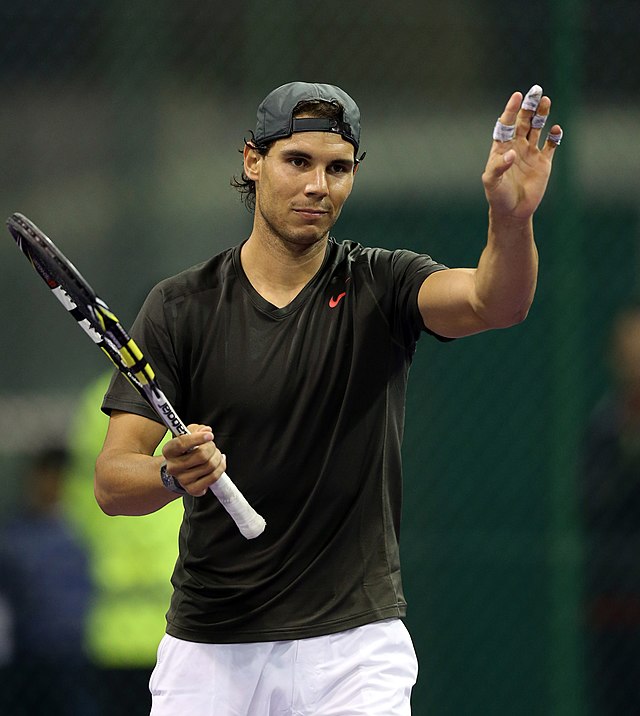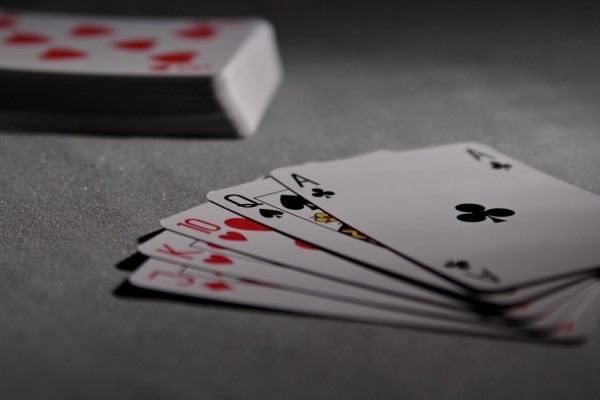Rumors and whispers of Rafael Nadal’s retirement have done the rounds for some years now, and with every new season he’s scotched them. However with Roger Federer now 40 years old, Nadal 35 and Novak Djokovic 34, there’s an inevitability that tennis is inching ever closer to a post-Big 3 era. At the time of writing, all 3 men jointly hold the record for Grand Slam singles titles at 20 each, and it may be that youth being slightly on Djokovic’s side leads to him ultimately being the most decorated. However a fairly straightforward straight sets defeat by Danill Medvedev in the 2021 US Open final raises questions about whether he too is on the far side of his prime. It could be argued that Rafa, as the only one with an Olympic gold, currently has the bragging rights. And there’s no doubt as a very wealthy (and still young) man he can do whatever he likes when he hangs up his ATP Tour membership. But what might that be?
STAY IN THE GAME
While he won’t be short of offers, be they for the Seniors Tour or for media work, Nadal already has options to stay close to tennis. He’s run the Rafa Nadal Tennis Academy, a 26-court facility in his hometown of Manacor, Mallorca, since 2016. His Fundación Rafa Nadal is a multifaceted organization however their More Than Tennis program has a tennis academy for underprivileged children in India as well as working with Special Olympics athletes in Spain. He’s stated his desire to spend more time on his foundation post-retirement but has also been quoted recently that he’s ‘not afraid of life without tennis’. So he may not be in a rush to reprise the coaching he gave Federer and Stefanos Tsitsipas at the Laver Cup.
POKER
Nadal is known to enjoy poker in his free time and in 2014 he played against the then ladies’ number 1 poker player, Vanessa Selbst. Amongst his many endorsements – including Nike, Lanvin and Emporio Armani Underwear (taking over from Ronaldo, the Portuguese one) – he became a PokerStars ambassador and defeated Ronaldo (the Brazilian one) in a charity tournament. He did so well in his first event ¬– a Prague celebrity tournament – that he took the grand prize of €50,000 to be donated to the charity of his choice and beat poker pro Daniel Negreanu into 4th spot. Negreanu, one of poker’s all-time great players, was annoyed enough that he went on record as saying Nadal had two lucky hands and would lose in a rematch. We don’t think Rafa has ambitions to join the pro poker circuit, but it wouldn’t be a shock if he popped up at the odd event.
OTHER SPORTING INTERESTS
Nadal is an avid soccer fan, famously an ardent Real Madrid supporter, and one of the very few people allowed into the locker room after the Spanish national team’s 2010 FIFA World Cup win. His affiliation to Los Merengues seems to have caused no rift with his similarly famous uncle, legendary Mallorca and Barcelona defender Miguel Ángel Nadal, with Rafa purchasing 10% of hometown club RCD Mallorca when his uncle was assistant coach to Michael Laudrup there. He’s since sold that stake, but as he remains based in Mallorca, he’ll still be in close proximity. He plays the Balearic Open golf championship whenever he’s free and shoots off a scratch handicap, so golf – the second game for many sportsmen of all disciplines – may become a bigger part of his life than it can be at present.
For now though, Nadal continues to focus on tennis. It has been a privilege to watch him on court for the last 20. And, whatever he does after tennis, it’s odds-on he’ll be just as successful in his future endeavors.


